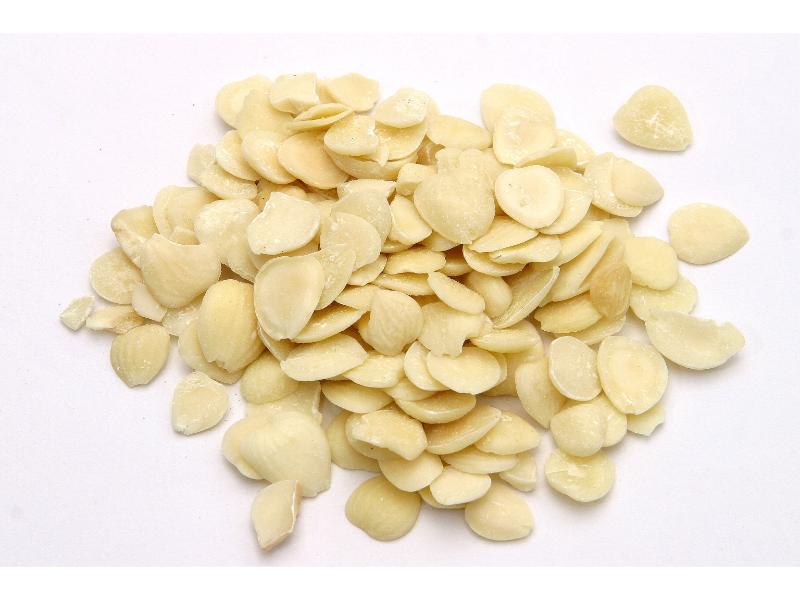Search in medicinals
Armeniacae Semen
Apricot kernel
杏仁 〔杏仁〕 xìng rén

Alternate Chinese names: 木落子 mù luò zǐ; 杏梅仁 xìng méi rén; 杏核仁 xìng hé rén
Kingdom: Plant
Origin in PRC Pharmacopoeia: Prunus armeniaca L.; Prunus armeniaca L. var. ansu Maxim.; Prunus sibirica L.; Prunus mandshurica (Maxim.) Koehne. (PRC Pharmacopoeia)
Origin in unofficial sources: Prunus armeniaca L.; Prunus armeniaca L. var. ansu Maxim.; Prunus sibirica L.; Prunus mandshurica Koehne
Use: Medicinal
Category: Phlegm-transforming cough-relieving panting-calming agents / Cough-relieving panting-calming agents
Properties: Bitter; slightly warm; slightly toxic.
Channel entry: Lung and large intestine channels.
Actions and indications:
- Relieves cough and calms panting: Cough and panting.
- Moistens the intestines and frees the stool:
Intestinal dryness constipation.
Dosage and method: Oral: 3–10g in decoctions; it should be crushed prior to use. Some sources indicate that it should be added near the end of the decoction.
Warnings: Xìng rén possesses slight toxicity and should not be taken in excessive quantities. It should be used with care in infants. It contains amygdalin, which separates out hydrocyanic acid in the stomach and intestines. In large quantities it can cause poisoning; hence its dosage must be controlled.
Product description: This is a flat heart-shaped seed, 1–1.7 cm long, 1.2 cm wide, and 0.5–0.8 cm thick. The top is pointed, while the base is rounded. The seed coat is light reddish-brown with irregular longitudinal wrinkles. The seed has a micropyle at its tip. The raphe runs along the edge of the seed from the hilum to the chalaza. The thin seed coat covers two broad, thin, oily, yellowish-white cotyledons, between which the radicle is located at the tip.
Quality: Large plump seeds with white cotyledons are the best.
Production area: Manchuria, northern China.
See: Tián xìng rén (甜杏仁 Armeniacae Semen Dulce, sweet apricot kernel)
Back to search result Previous Next